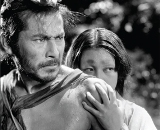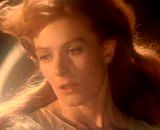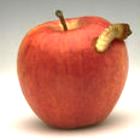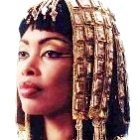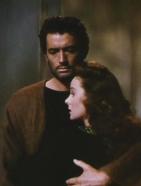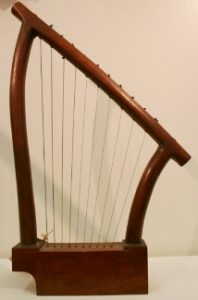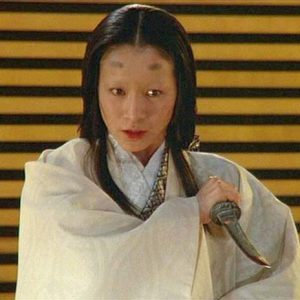Exploring Bathsheba’s story
What Is Truth?
The story of Bathsheba as we have it was probably written for court records during the reign of Solomon, at a time when Bathsheba was still alive.
There’s no doubt it is biased in her favour: 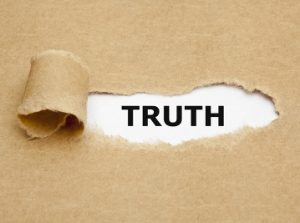
- it leaves out anything that would show her in a bad light
- it only includes events that are common knowledge at the time, and cannot be disputed.
Re-write Bathsheba’s story from a different point of view. For example,
- imagine you are a journalist for a republican newspaper. You are not sympathetic to some queen and her powerful advisers who have usurped the (in your eyes) rightful heir.
- or perhaps you are Uriah’s grieving sister or Adonijah’s vengeful mother. You have watched Bathsheba destroy the men you loved.
Now write the story of Bathsheba as you see it …
Movies about power: getting it, keeping it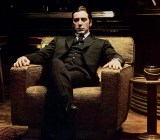

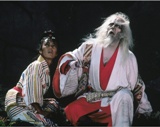
Can you name the films shown here?
Can you see a connection with Bathsheba’s story?
Answers HERE (see ‘Bathsheba’)
Can you think of other movies that remind you of Bathsheba’s story?
Film study: political intrigue
Stage 1: Make up a list
List some films about politics. You can choose recent films or classics. If this is a group activity, choose films most people know.
Stage 2: Glance over your list
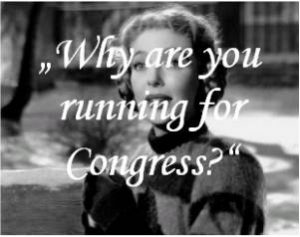
The Farmer’s Daughter, Loretta Young
1. Have you chosen films that are realistic, showing the nitty-gritty of politics, or do you prefer films that are inspiring/uplifting?
2. Do your favorites have both these qualities?
3. What does this say about you and what you need to believe about politics?
Stage 3: Choose your favorite
1. What are the central questions in this film?

Absolute Power, Judy Davis
2. Is the politician/political situation shown in a realistic light?
3. Do any of the scenes remind you of recent events?
4. Or does the film portray politicians as we would like them to be?
Stage 4: Think about your choices
Group activity: discuss these questions, making sure everyone in the group has a chance to talk about their ideas.
Focus Questions
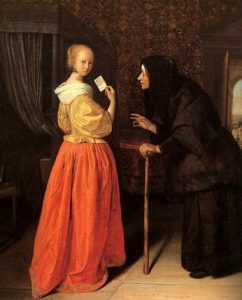
Bathsheba sends the letter to David,
Jan Steen
1. What are the most interesting moments in Bathsheba’s story?
2. In the story, who speaks and who listens? Who acts? Who gets what they want? If you were in the story, which person would you want to be friends with? Which person would you want to avoid?
3. What is happening on either side of the story, in the chapters before and after it? Does this help you understand what is happening?
4. The narrator/editor has chosen to tell some things and leave other things out. What has been left out of the story that you would like to know?
5. Are the characteristics and actions of the people in the story still present in the world? How is the story relevant to modern life, especially your own?
Reconstruction of the Temple of Solomon
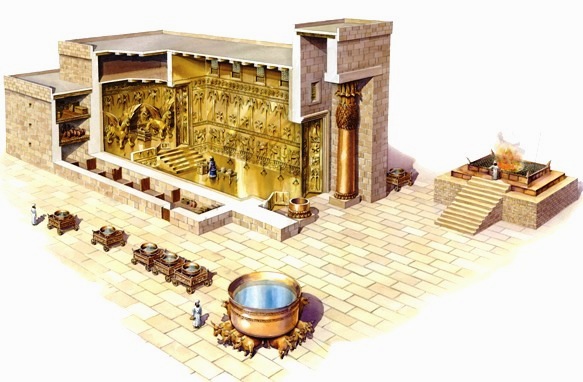
Details of the Palace of Solomon where Bathsheba lived in her old age can be found in 1 Kings 7.
As well as the throne room, it contained the royal apartments. Here the harem lived in a separate area surrounding an interior courtyard. It was a magnificent building, decorated with costly Lebanese cedar, gold, bronze and ivory.
The Temple of Solomon has completely vanished, but it is still possible to estimate the details of its construction.
See
- Solomon’s Jerusalem,
- Buildings in ancient Israel,
- The Temple of Solomon for images and information.
Also look at
- the description given in 1 Kings 5, 6 and the end section of 7
- archaeological remains of temples built in surrounding cities
- modern reconstructions of the Temple.
Using this information, write a full description of the Temple, or make a drawing of it as it was when new.
Famous Quotes from Bathsheba’s story
- ‘ ….he saw from the roof a woman bathing; the woman was very beautiful.’
(2 Samuel 11:2) - ‘Set Uriah in the forefront of the hardest fighting, then draw back.'(11:15)
- ‘You are the man!’ (12:7)
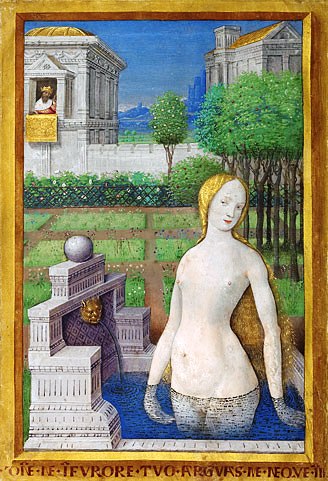
Bathsheba Bathing, from the Book of Hours of King Louis XII
These three quotes are either about David, spoken by him, or accusing him. The biblical story of Bathsheba seems to be all about David.
But look more closely, and ask the questions a journalist might ask:
- who is telling this story?
- why is it being told, when so much else is left out?
- whose version of history are we getting?
Biblical scholars now believe the Bathsheba stories were told to justify Solomon’s seizure of the throne in Jerusalem, over his older brother Adonijah.
© Copyright 2006
Elizabeth Fletcher

